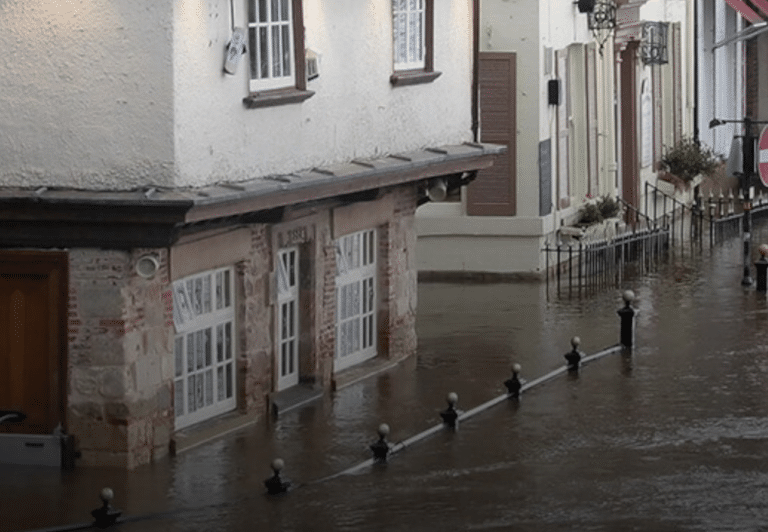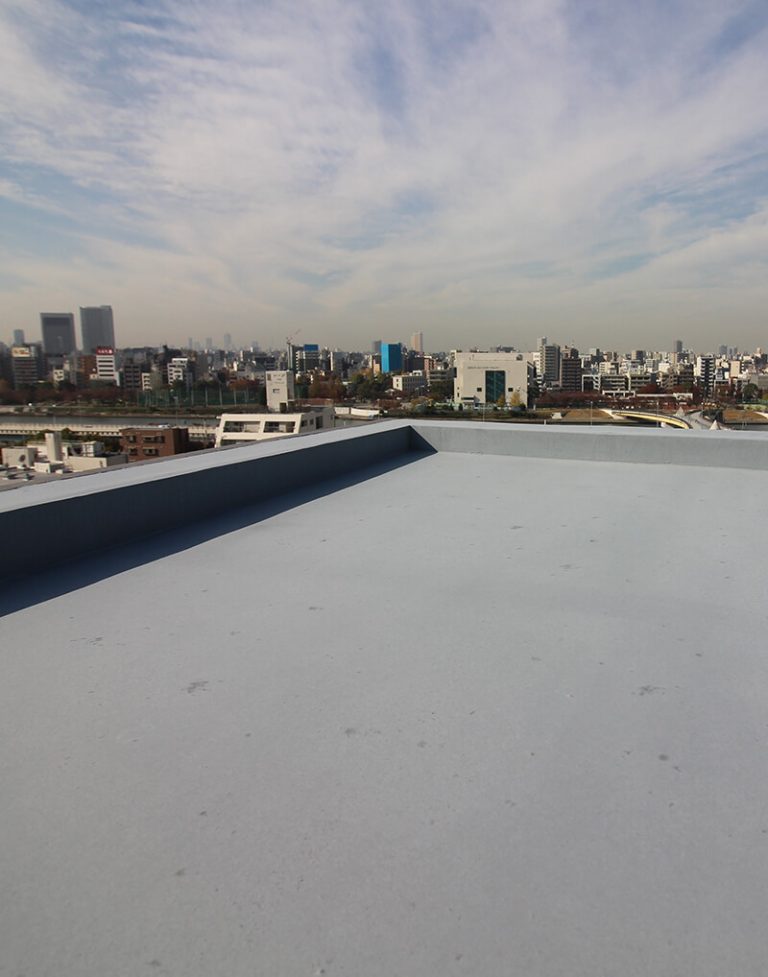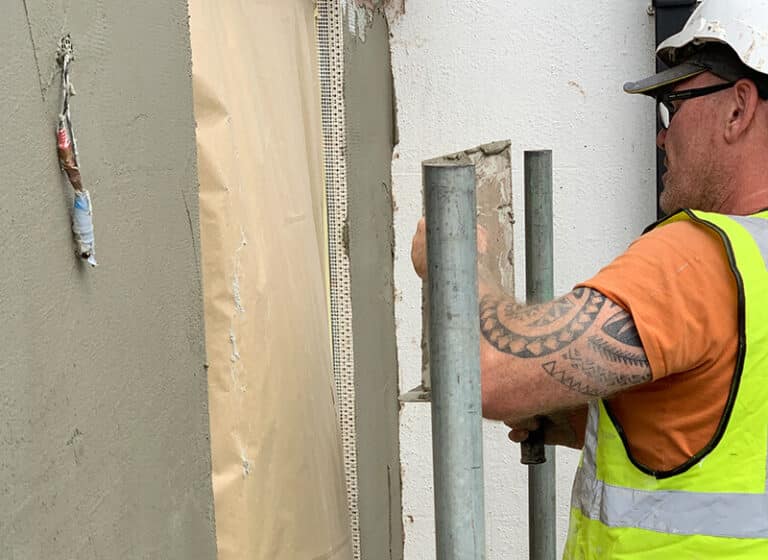Cladding cleaning may not be at the top of your to-do list, but keeping your cladding in good condition not only gives it a better look, it can also extend its lifespan. While cladding cleaning isn’t a complex job, there are certain aspects that need to be done right to ensure that the integrity of your cladding isn’t compromised. In this blog, we share the dos and don’ts of cladding cleaning, so your cladding always looks its best.
What Is Cladding?
You probably know what cladding is, especially if you’re looking at ways to keep yours clean. But just in case you don’t, here’s a quick overview of what cladding is. Cladding is a type of covering that is added to the exterior of a building; it serves a wide range of purposes, some of which might surprise you.
Thermal Insulation
Cladding is often added to older buildings to improve insulation.
Weather Resistance
Cladding is ideal for added protection against weathering.
Sound Control
Some types of cladding panels are used for soundproofing a space.
Aesthetics
Cladding improves the appearance of your building and can be matched to your business’ branding to enhance your company’s profile.
What Happens To Cladding?
Unsurprisingly, cladding bears the brunt of the elements, and in the UK, our diverse weather can really put it through its paces.
In winter, the frost and rain cause dirt and grit to build up, especially on cladding that’s textured or corrugated. You’ve probably seen dirty cladding on your local industrial estate – the grey/black coating of muck make even the most vibrant coloured cladding look dull and ugly.
The summer weather brings another potential issue – sun fade. Bright sunlight causes your cladding’s paintwork to look patchy and uneven, especially if something nearby casts a shadow, as that area is more protected from the glare.
Added to the changing weather is the problem that bird droppings can present. If birds flyer over or sit or nest on your building, then chances are you’re going to have areas where there is bird poop. Aside from the obvious unappealing appearance, streaks of bird excrement also pose a risk to any coatings on your cladding. Cleaning bird poop off quickly is vital, as the ph levels of it are high, meaning it is very acidic. If left, the uric acid can corrode paint and lacquer which then requires a more intense restoration process.
Cladding Cleaning: What You Can Do
Cladding cleaning can be tackled by yourself if you have the right tools and know-how, although we tend to recommend DIY cladding cleaning for small areas since it can be a laborious task that carries some risk (both to you and your cladding) that’s best left to those who do it for a living!
Cladding cleaning is most effective when you use the right method and products for the type of cladding used on your building. The most commonly used cladding is;
Timber
Wood cladding can transform a building’s look and is currently very popular. But, despite its lovely appearance, wood cladding can begin to look tired and weathered fairly quickly, with black stains which are actually watermarks. You can use a pressure washer on your wood cladding, as long as the pressure is fairly gentle. At high pressure, the jets run the risk of splintering and damaging the wood. If you’re worried about breaking your wood cladding, cleaning with a specialist solution might be a better option.
Stone/Brick
Brick cladding responds well to a power washer. It’s strong enough to withstand the intense water jets which help to clear dirt and debris. However, brick and stone cladding are prone to algae build-up which sometimes requires more specialised treatment. There are cleaners available to buy, however, it’s essential that you ensure you use the correct solution for your type of stone or brick.
Glass
Glass cladding is a sophisticated option and is often seen on towering office blocks. From a design perspective, it’s incredibly versatile but from a cleaning perspective – it needs a lot! As you’ll know from your own windows at home, glass quickly shows dirt and watermarks left by the rain. Fortunately, cleaning glass is fairly easy – as long as you use the right cleaner. Streaks left by a cloth and squeegee can be frustrating so make sure you use the right technique to avoid these.
Metal
Metal or aluminium cladding is most popular among industrial buildings thanks to its cost-effective price and strength. A power washer will clean any dirt and grime, and you can use a detergent to lift off any residue, however, DO NOT use chemicals as these can remove or damage the paintwork or coatings on your cladding.
Vinyl
Vinyl cladding is a rising star in the cladding world, mostly thanks to its low maintenance and durability. It’s mostly manufactured to resemble wood grain, so lots of properties are now opting for vinyl cladding instead of wood. Cleaning vinyl cladding is straightforward, firstly, brush off any dirt from the panels and then apply detergent with a cloth. You can use a power washer to rinse the soap away.
Should You DIY Cladding Cleaning?
This is the real question…sometimes just because you can, doesn’t mean you should! Cleaning the exterior of your building is a huge undertaking, even if you have a relatively small property. And besides the time you need to set aside to complete your cladding cleaning, you’ll also need to invest in the products required to do the job. While the market has some great cleaners and jet washers available for the public to buy, nothing really compares to the professional-grade cleaners that we use.
The last point to consider is probably the most important one. Personal safety. Chances are, some of your cladding is at roof height, and even on a single storey building, that’s some elevation. You will either need to invest in a good quality telescopic or extendable cleaning pole (cheap ones aren’t worth the money) or look at hiring in a platform. Either way, cladding cleaning is a gruelling task – which is why it’s one of our most requested services.
Hiring GI Sykes for your cladding cleaning means that not only do you get a professional finish that uses protective products but you also don’t take any personal injury or damage risks. Contact us to find out more about our cladding cleaning and cladding maintenance services.



